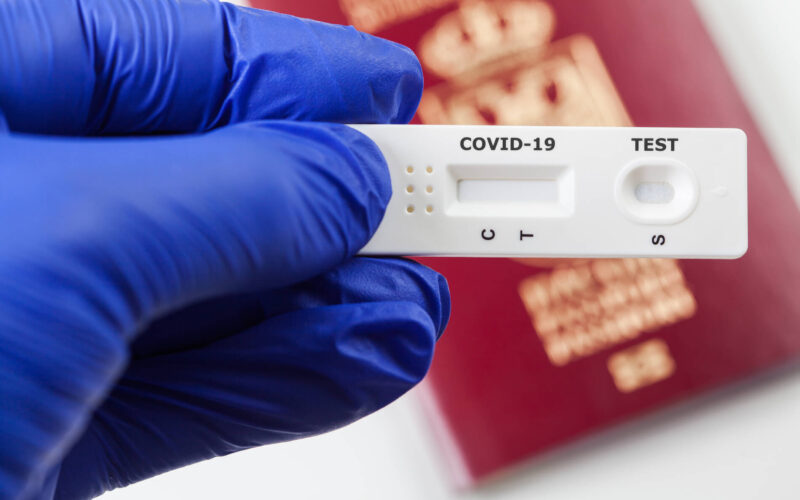From August 1, 2020, every passenger entering a flight to Dubai will have to provide a negative COVID-19 test certificate. China proclaimed it will start requiring tests for travelers on all inbound flights, as did Russia for foreign citizens entering its borders.
This trend is not restricted to major countries, or the ones that have suffered large outbreaks. Antigua and Barbuda, a country heavily dependent on the tourist flow, was amongst the first that started to require all passengers arriving by air to present a negative COVID-19 test performed two weeks before entering, followed by some Indian states, such as Goa and Kerala. Kuwait will start doing the same after its Kuwait International Airport (KWI) resumes commercial flights on August 1.
Some countries have similar, but less sweeping requirements. France will require negative tests while arriving from a list of currently 16 high-risk countries, as will Germany, in addition to extensive testing in its airports. Austria, Hong Kong, Czechia, Cyprus, Lithuania and numerous other territories require either a negative COVID-19 test certificate or test upon arrival from a number of destinations deemed risky, with either inclusive or exclusive lists constantly changing.
As borders reopen and battered economies try to squeeze the most of the withering holiday season, making travel possible becomes a question of survival for many. Airlines are lobbying their governments and promising the best health and safety standards they can come up with, but face masks and bottles of hand sanitizer can only do so much.
So, carriers are interested in a solution that would allow them to operate without a risk of becoming a catalyst for a second wave of the pandemic, and the states are similarly keen on helping them. In this light, mandatory COVID-19 tests can be seen as an ultimate solution, permitting travel but turning airports into bottlenecks for the spread of the virus.
Arguably, such a system would allow at least a semblance of free travel we had before the pandemic, and it is almost certain some form of it will continue to be adopted by more and more countries. Currently, Irish Department of Transport is investigating UAE-style test-before-the-flight requirements; others – such as the German state of Bavaria – are looking into the possibility to test every incoming traveler upon arrival.
There are a lot of questions to answer, though. The problem of cost and availability of the test remains, as not all countries have the means to provide their citizens with sufficient testing capacity. Arguments about the sufficient timing of the test (A week? Two weeks?), as well as the suitability of different testing methods is bound to be had, with different solutions approached by different countries, most likely resulting in confusion for travelers. Yet the general trend is quite clear, and it is doubtful there can be another trajectory for the reemerging travel industry.

